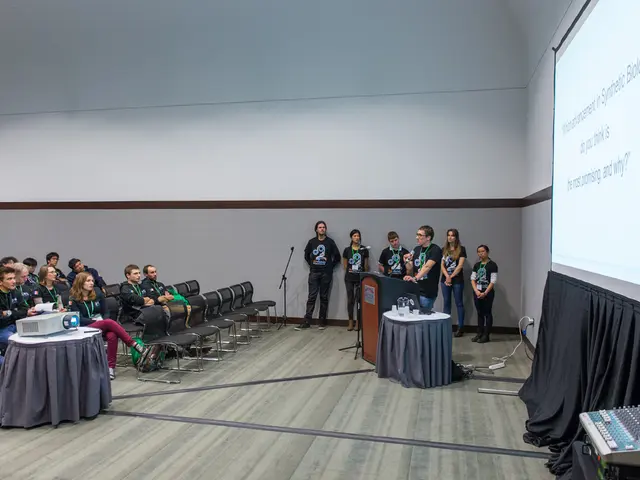Three Britons Plead Guilty to Running OTP Agency, a Scammer's Tool
Three British men have pleaded guilty to operating OTP Agency, a service that helped scammers intercept one-time passcodes (OTPs) used for logging into various websites. The National Crime Agency (NCA) took the service offline in June 2020 after investigating it for over a year.
OTP Agency, launched in November 2019, worked by initiating automated phone calls to targets, prompting them to enter their OTPs which were then relayed to scammers. The service was operated by Callum Picari, Vijayasidhurshan Vijayanathan, and Aza Siddeeque, who were aged 22, 21, and 19 respectively at the time of their arrest.
The service, also known as 'Textastic', gained attention in February 2021 when it was profiled by KrebsOnSecurity. This led to its shutdown and a panicked message exchange between Picari and Vijayanathan. Despite initial plans to shut down, the service revived on a new Telegram channel a few days later, continuing to serve existing customers.
During its 18 months of operation, more than 12,500 people were targeted by OTP Agency users. The NCA began investigating the service in June 2020 and took it offline after the trio's arrest. Similar OTP interception services, such as SMSRanger, are still in operation.
The guilty pleas of Picari, Vijayanathan, and Siddeeque mark a significant step in dismantling OTP Agency's operations. The NCA's investigation and eventual shutdown of the service have helped protect potential victims from OTP-based scams. However, the continued operation of similar services highlights the ongoing need for vigilance and robust security measures.
Read also:
- InformationWarfare in the Modern Era: Enhancing an Information Strategy for today's Battlefield and Botnet Threats
- Ukraine's Drone Revolution: Rapid Evolution and Countermeasures
- EU's Energy Infrastructure Under Siege: Cyber Attacks Surge 67% in 2025
- Vito Schnabel's Art & Real Estate Fortune Tops €10.4M






